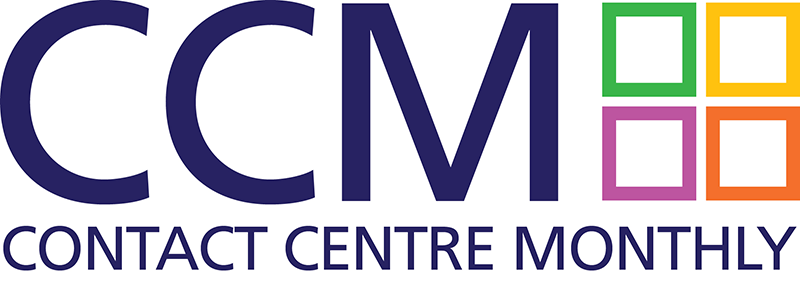SVL Account Director Anne Holmes discusses the globalisation of the Contact Centre Industry and benefits of redistributing these calls to local agents

The title of this piece is an exaggeration, but to make a point. The globalisation of the Contact Centre industry has meant that, for many years now, your call or message could be diverted to another continent.
However, what has become more fashionable is that certain calls are routed, or more accurately re-routed, to a local agent when the discussion would benefit from a more local voice or online chat.
With the growth of CCAAS (Contact Centre as a Service), cloud technologies and, in this instance, call-routing, it has become an easy choice for supervisors to choose a location-based agent for many different reasons.
It can be as simple as time-zones; when operating a 24/7 service you can route calls through locations to fit with the day-time shift-patterns of agents in certain areas. No need to have a “night-shift” working at premium rate when you can divert calls to somewhere where the sun is still shining.
What we are finding now however, is that use of location-based services, or specifically local agents, comes into play dependent upon issues raised on a call.
Scenarios include:
- Difficulty for agents to interpret a regional accent
- Where an understanding of local geography is needed (e.g., scheduling a home or business visit)
- Cancelling a subscription
- Potentially volatile call
Distributing calls has become an even more sophisticated challenge for managers and supervisors since the pandemic. Instead of simply having one regional hub in a country, you can now have agents spread across the country working from home in disparate locations.
This is actually an opportunity, not a threat. By knowing not just where an agent is based, but also where they themselves originally come from, means that a decision to route a call can lead to a local voice being on the end of a call or message.
This puts pressure on the supervisor’s dashboard to capture and flag this information, but the comfort of chatting to someone who sounds relatively local can make all the difference.
The role of accent and language in the Contact Centre environment, where the quality of an interaction hinges on the speaking, listening and reading skills of the agent, has an incredibly important role to play. Customers want an agent to be easy to understand, pleasant to speak with and demonstrating empathy.
Omni-channel interactions mean that it is not just about voice, but with the written language in chat/social/text which also have regional variations that must be understood.
I do return to the importance of the supervisor dashboard and call/interaction routing in this. To be a success, the importance of geo-tracking the customer is key. Where are they and what has been the previous quality/success of interactions from this area? Is the initial quality of the call/chat going well, or do you need to intervene? Should the call/chat instantly “go local”?
Technology now guides many of these decisions and I’m delighted to chat if you need to know more.


